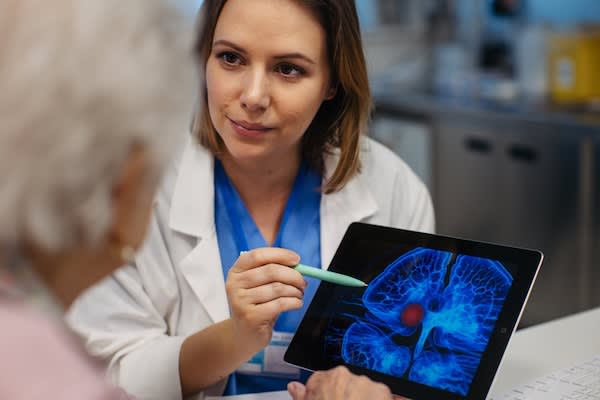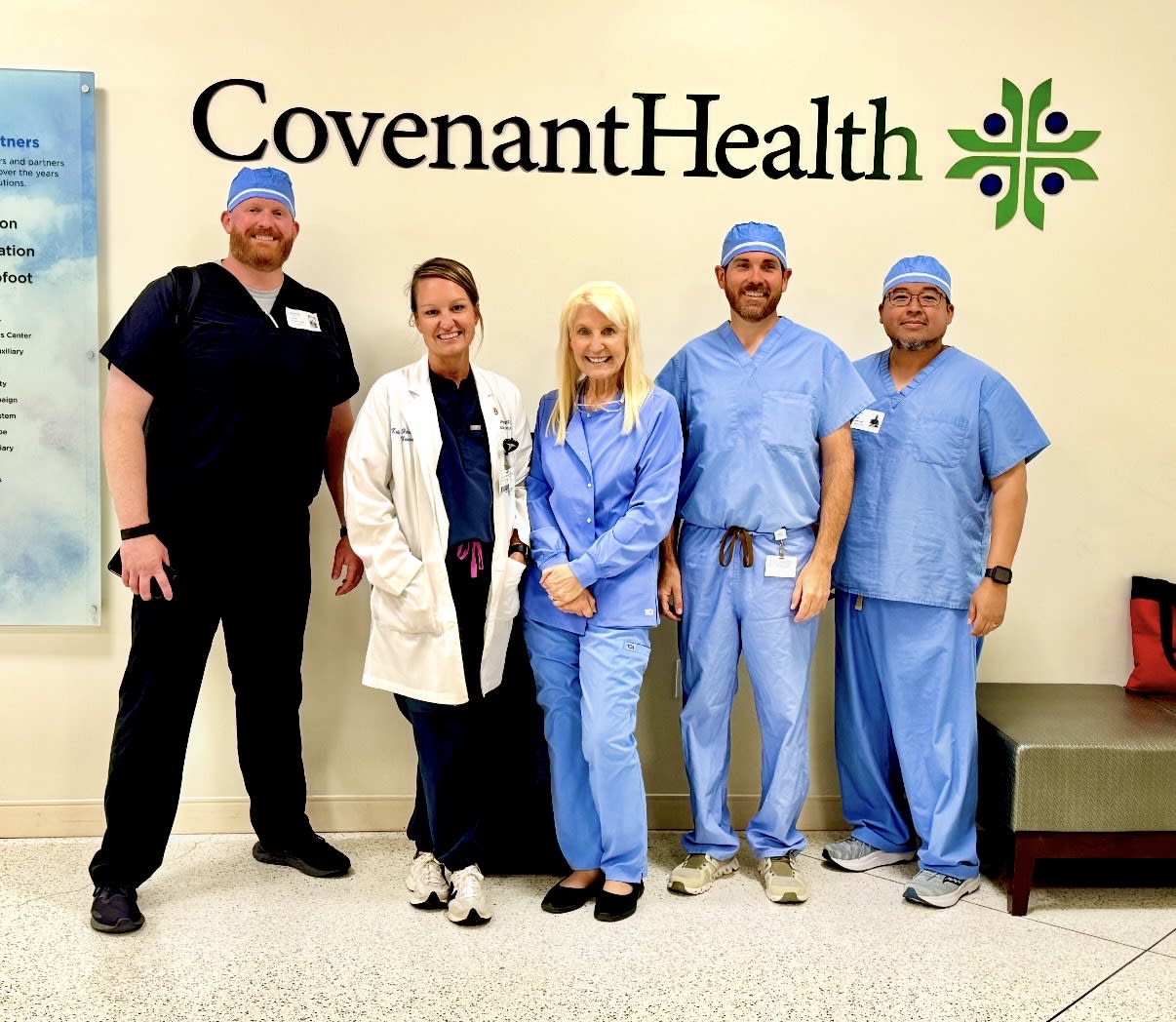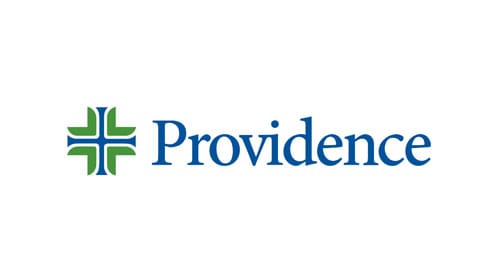Treating Headaches
We know that living with regular headaches can be frustrating and dispiriting, especially if they keep you from work or everyday activities. At Providence, our specialists take a holistic approach to helping you prevent and control your pain, so you can get back to doing the activities you love.
Why Choose Us for Your Headache Care?
Have you forgotten what life without headaches feels like? Whether you have chronic migraines, tension headaches, trigeminal neuralgia or atypical facial pain, Providence has the effective and compassionate care you need to manage your condition and feel better.
More About Headaches
Headaches are feelings of pain or discomfort in your head, face or ears. They can make it hard to concentrate or enjoy activities. Most of the time, they go away on their own or with simple remedies like rest and drinking water. However, you should seek immediate medical care if you experience:
- A recent change in the intensity or frequency of your headaches
- New daily, persistent headaches
- New headaches after age 50
- Symptoms such as fever and weight loss
Types of headaches we treat
- Atypical facial pain
- Chiari malformation
- Cluster headaches
- Intracranial hypertension
- Migraines
- New daily, persistent headaches
- Tension headaches
- Trigeminal neuralgia
Testing and Diagnostics

Most headaches are diagnosed through clinical criteria. This involves matching your symptoms to medical headache standards. In some cases, your neurological team may need advanced brain imaging to make a diagnosis. Our headache diagnostic methods include:
- Blood test
- Clinical characteristics
- Computerized tomography angiogram (CTA)
- Magnetic resonance venography (MRV)
- MRI
Personalized Treatment for Headaches
No two patients are the same. This is why your care team works with you to create a treatment plan based specifically on the type and frequency of your headaches. Treatment may include one or more of the following:
- Lifestyle changes such as regular sleep, hydration and exercise
- Natural remedies such as avoiding certain foods and other headache triggers
- Prescription pain medication, which should not be taken more than eight to 10 times per month
- Preventive treatment, such as weight loss and surgical management
Find Neurological Care Close to You
Meet the Team
At Providence, you'll have access to a vast network of dedicated and compassionate providers who offer personalized care by focusing on treatment, prevention and health education.
Expert Tips and Advice





